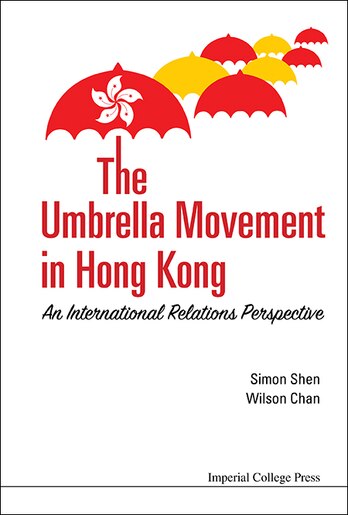National Interest Most theories of international relations are based on the idea that states always act in accordance with their national interest, or the interests of that particular state. State interests often include self-preservation, military security, economic prosperity, and influence over other states. Sometimes two or more states have the same national interest. For example, two states might both want to foster peace and economic trade. And states with diametrically opposing national interests might try to resolve their differences through negotiation or even war. Realism According to realism, states work only to increase their own power relative to that of other states. Realism also claims the following: • The world is a harsh and dangerous place.

The only certainty in the world is power. A powerful state will always be able to outdo—and outlast—weaker competitors. The most important and reliable form of power is military power. • A state’s primary interest is self-preservation. Therefore, the state must seek power and must always protect itself • There is no overarching power that can enforce global rules or punish bad behavior. • Moral behavior is very risky because it can undermine a state’s ability to protect itself.
Realist Perspective International Relations
• The international system itself drives states to use military force and to war. Leaders may be moral, but they must not let moral concerns guide foreign policy.